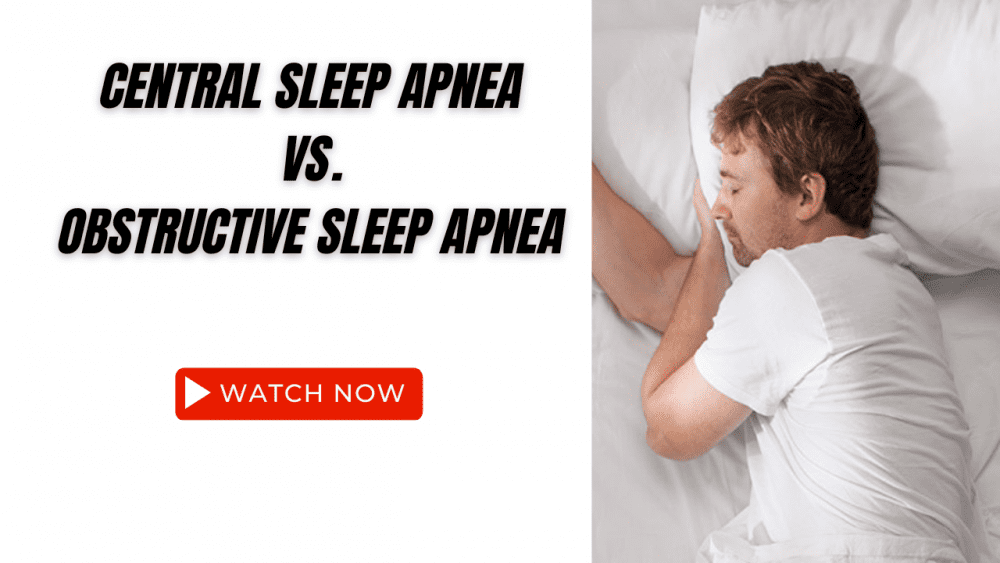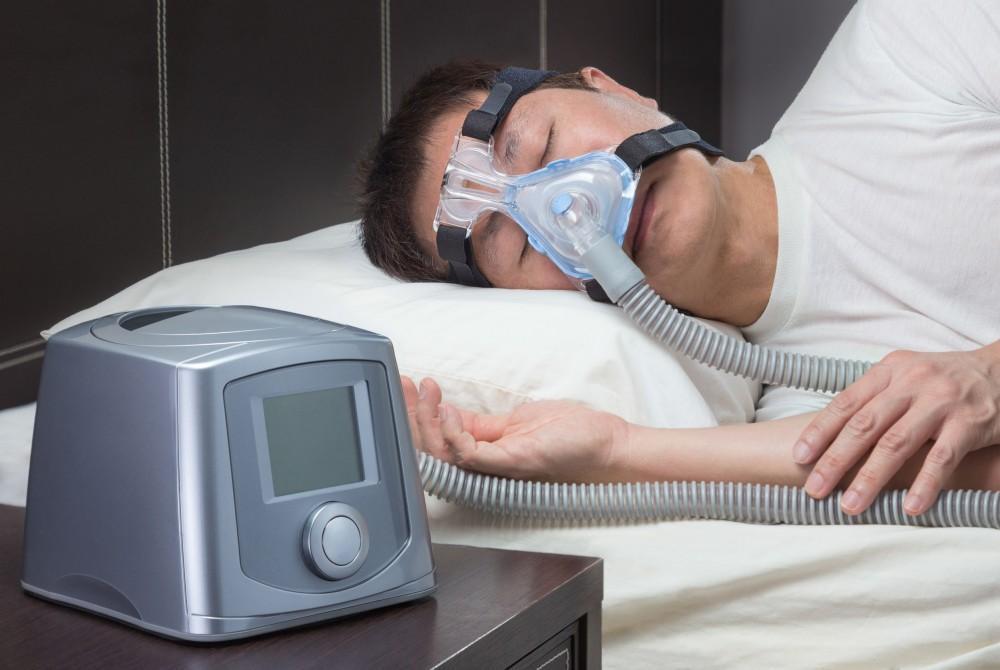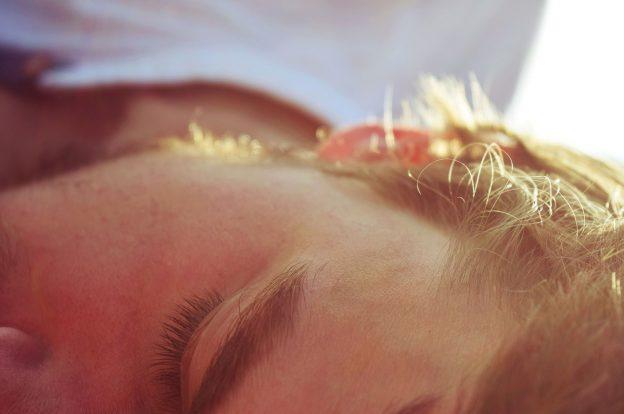
Are You Getting Quality Sleep? Four Ways to Tell

When we talk about sleep, it’s easy to focus on the fact that people simply aren’t getting enough of it. When so many people skimp on a full night’s rest that our collective lack of slumber is considered a public health crisis, it’s tempting for sleep professionals and physicians to remind people to at least aim for the recommended 7-9 hours. But there’s so much more to the science of sleep besides how long we spend in bed. Quantity without quality won’t do much to rectify the health and accident risks of sleeping too little — we’ve got to make those hours count. It begs the question: What is good quality sleep?
If you’ve decided to get serious about your sleep health — you aim for the recommended duration for your age group, have cleaned up your sleep hygiene, and have made over your sleeping space — knowing what counts as quality sleep is a vital next step. Sleep that’s good enough for long enough can help mitigate your cardiovascular health risks and keep you healthy in all kind of ways.
Quantity is a pretty easy thing for us to wrap our heads around. It’s, well, quantitative! We can measure it. But quality is a slightly tougher nut to crack. It’s important to listen to your own body: maybe you’re waking up after a solid 8 hours and still feel fatigued throughout the day. Perhaps your partner has brought your attention to loud snoring or any number of parasomnias like sleepwalking. Both scenarios could account for a full night of sleep and a full day of exhaustion, because your brain isn’t really reaping the benefits of sleep, and both require talking to a sleep specialist or maybe even scheduling a sleep study.
But those are obvious answers to the quality question. If you aren’t snoring, or don’t have a bed partner, it can be tricky to measure your nightly sleep quality. Fortunately, with the rise of wearable tech that helps measure everything from heart rate to sleep times, it’s never been easier to track the kind of sleep you’re getting alongside the record of how much you’re getting. You just need to know to look for the markers of quality sleep, as recommended by the National Sleep Foundation based on the results of their 2017 study on the same topic
1. Getting to sleep within a half an hour of getting into bed
We probably don’t need to tell you that tossing and turning after bedtime will eat into both the amount and the quality of your rest. If you do find that it’s taking you longer than 30 minutes after you lie down to drift off to dreamland, it might be time to discern why.
Shift workers in particular might find that it’s harder to “shut off” to get that shuteye, due to confused Circadian rhythms. Restless Leg sufferers may have similar difficulty. If you don’t fall into a category like that, it’s worth it to take a look at your sleeping environment, or try adjusting your bedtime by a half hour in either direction. It’s important to lie down when you first begin to feel tired, and not force yourself to stay up or turn in before your body is ready.
2. Staying asleep once you drift off
Getting to sleep will do you no good if you can’t stay that way. Sleep that’s constantly interrupted makes it difficult for your body to get all of the benefits of a full sleep cycle and the phases it contains, including the deep, restorative sleep that our bodies and brains so desperately need. We all go through phases in life that make this easier said than done.
For instance, new parents and especially new mothers may temporarily not have the luxury of interrupted sleep. If that’s not the case for you, try to pay attention to the reasons you find yourself waking in the night. Some arousals are unavoidable — when a car backfires loudly outside your window, for instance. The 2017 National Sleep Foundation study did determined that one arousal or less per night still allowed for quality sleep in most cases. But what about the other ways our sleep is interrupted, like getting up to use the bathroom? Situations like that may require you to adjust your eating and drinking habits before bedtime.
3. Getting back to sleep quickly if you do wake up
If you do wake in the night, good quality sleep is still possible, providing that it doesn’t take longer than 20 minutes to drift back off. But if you wake and find yourself starting all over again, lying awake while you fight to fall back asleep, you may have other issues to contend with, including potential insomnia. Also, if you find you have difficulty getting back to sleep after a sleep interruption, and that it’s taking you a significant amount of time to do so, you might want to consider consulting with a sleep specialist to get to the root of the cause.
4. Overall, being asleep 85% of the time that you’re in bed
At the end of the day (literally!) you are considered to have had a quality rest — with sleep disorders like sleep apnea notwithstanding — if you are asleep for the majority of time after you lay down in bed. Specifically, that’s 85% of the time. There are any number of factors that could hinder your sleep quality, including the ones we mentioned above; poor sleep hygiene, a less than ideal sleep environment, or even parasomnias, restless leg syndrome, or generalized insomnia. If you adjust the factors that are within your control, and still find yourself getting poor quality sleep, you owe it to yourself to visit a sleep specialist and hammer out the rest.
You Might Also Enjoy...


Dr. Kakar Products

Central apnea vs. Obstructive sleep apnea

Warning to Patients about Ozone Cleaners

Ways to Help You Keep Hope Alive

